英文首页﹀
Develop Chinese Economic Theory to Facilitate Industrial Upgrading ——The Fifth Summer School on New Structural Economics Research Report
2018-07-25
Content introduction:
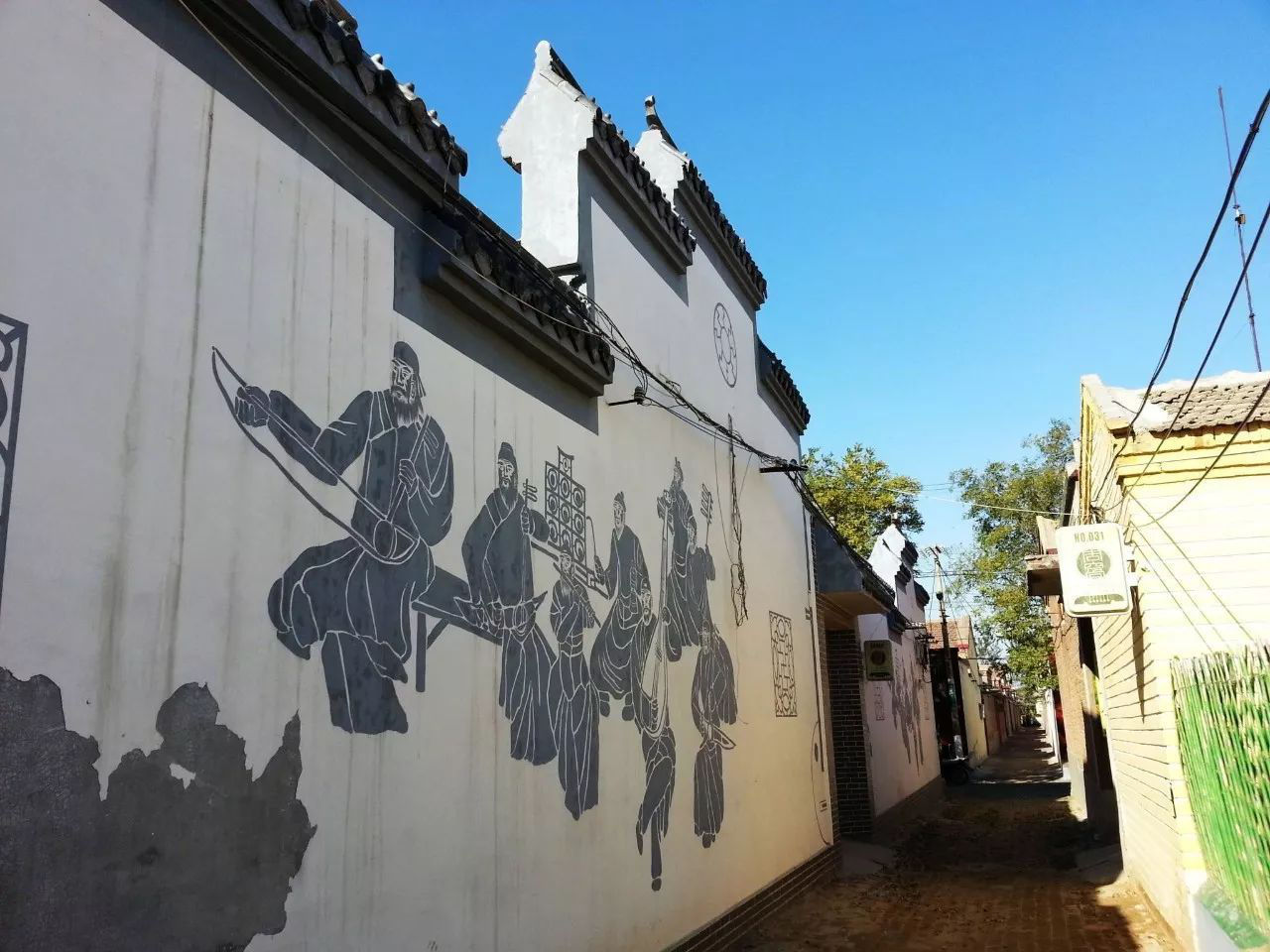
On July 13, 2018, Dr. Yong Wang,the academic deputy dean of the Institute of New Structural Economics of Peking University (INSE), and Dr. Xi Chen, the Chief Officer of INSE, led more than 100 participants of The Fifth Summer School on New Structural Economics from more than 20 countries to Wuqiang County in Hebei Province for field trip.
At present, China faces accelerating economic shifts and growth with severe international trade friction. What should China do to respond these challenges? With such confusion, the participants opened a day of visits.
Wuqiang is affiliated to Hengshui City, Hebei Province, and is 70 kilometers away from Xiong'an New District. It is the “suburbs” of the new district. Under the background of the coordinated development of Beijing-Tianjin-Hebei, the location advantage has become increasingly obvious. Wuqiang County has obvious industrial characteristics, vigorously cultivates and develops three major sections, that is, musical instruments, traditional Chinese New Year paintings and music theme tourist towns. Famous enterprises, such as German Geeva and German Bolansler have successively put their workplace here. The Wuqiang Musical Instrument Industry Base of China has been rewarded as one of the top 10 large culture industry areas in Hebei Province. Zhouwo Music Town has been selected as one of the most beautiful villages and towns in China, the first batch of Chinese-style towns, and the China Rural Tourists Demonstration Base.
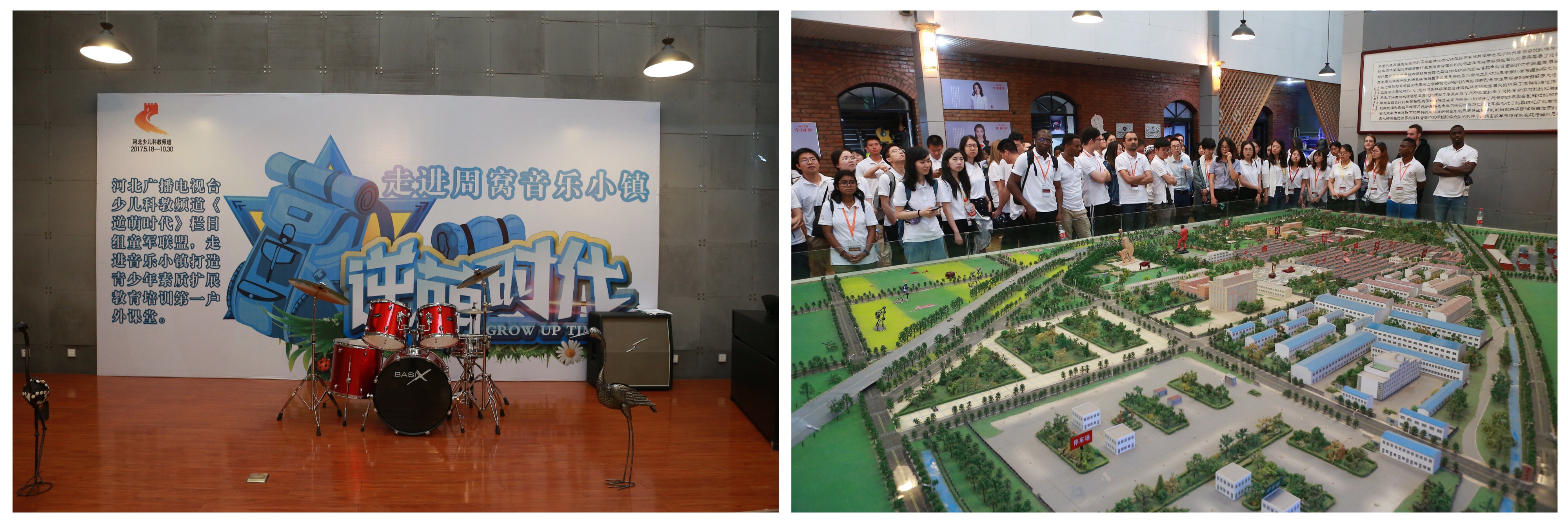
With accompany of Haiyan Ou, the Mayor of Wuqiang County, participants arrived at Wuqiang Zhouwo Music Town. Wuqiang County is famous for its abundance of Western musical instruments and has maintained a high market share for many years. In recent years, the profit margin of the traditional instrument industry has declined, leading many companies to seek new directions. The music town is one of them. Through the development of musical instrument manufacturing and music talent training, and the tourism industry supplemented by characteristic folk customs, Wuqiang County has successfully explored a development path from the low end of the value chain to high. This verifies the new structural economics theory, which says that following comparative advantages (determined by its endowment structure) to upgrade industrial structure.
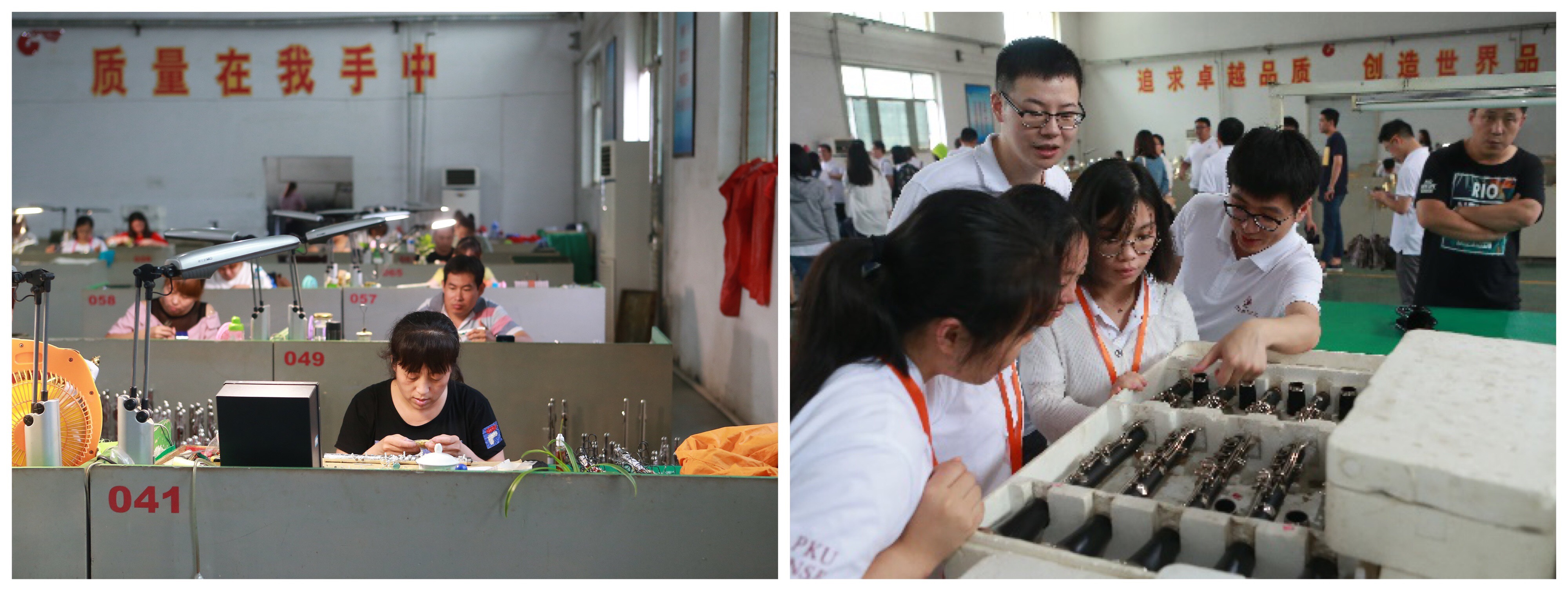

After visiting the music town, the participants came to the Jinyin Company to visit the musical instrument manufacturing line and communicate with the workers. In the process of communication, the participants learned that the Jinyin Company has played a great role in increasing local employment, undertaking industries from developed regions and promoting the sound and rapid development of the local economy. In the following lectures, Xuekong Chen, the general manager of Jinyin Company, introduced the history of Jinyin Company from a musical instrument foundry to the largest orchestral manufacturer in Asia and second largest in the world. He emphasized the industrial upgrading process from pure manufacturing to integrating manufacturing and service industries. After the meeting, all the teachers and students and Mr. Chen conducted a profound and comprehensive communication on how the company upgraded its industry.
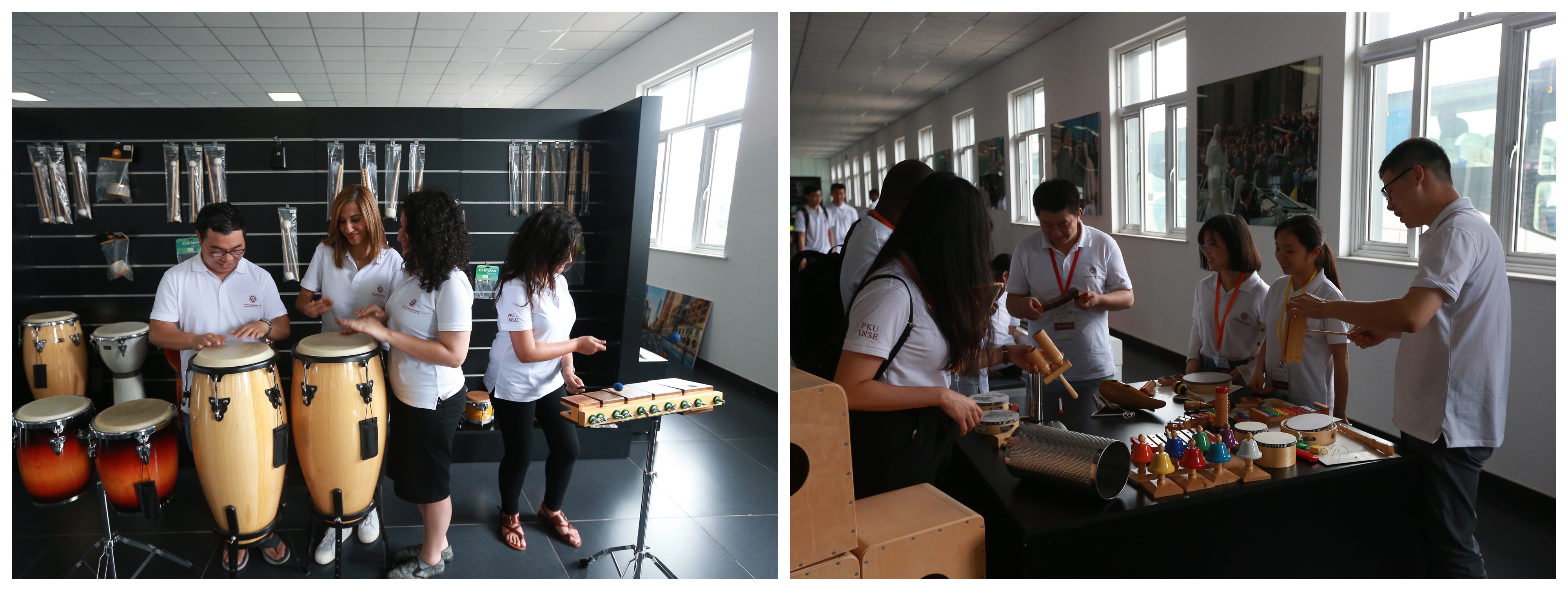
The final stop on the field trip was the instrumental experience. The participants visited the Museum of World Music and learned about the history of musical instrument development. In the music exhibition hall of Jiahua Musical Instrument Co., Ltd., students from all countries showed their own national characteristics and brought joy to everyone.
After the investigation, the campers said that they had a more concrete and in-depth understanding of the effectiveness in the real world of the new structural economics, and they also realized the importance of “Combination of Knowledge and Practice” advocated by the new structural economics.
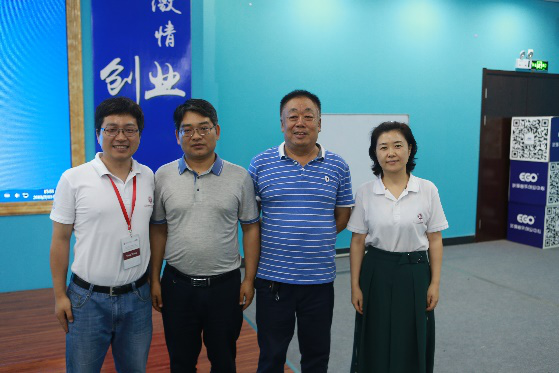
Written by: Ling Wang
Proofread by: Qiuyun Zhao

